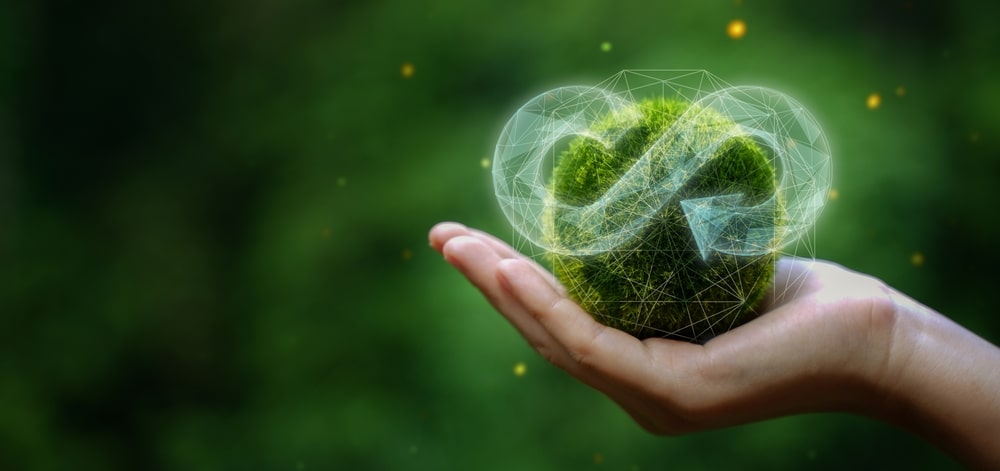The EPA-IUA Campus Living Labs marked the first time IUA universities worked together to embed circular economy principles in campus operations.
Learn more about the impact of Campus Living Labs and hear from Minister of State Ossian Smith and an expert panel on the powerful role universities play in driving the transition to a Circular Economy.
This is an online event taking place on Oct 25, 2023 at 12:30.
Keynote speaker and panellist – Ossian Smyth T.D. (Minister of State with responsibility for Communications and Circular Economy) With Panellists: Warren Phelan, Circular Economy Programme Manager, EPA Samantha Fahy, Head of Sustainability, DCU Professor Tasman Crowe, VP for Sustainability, UCD
Register here
What is a Circular Economy?
Circular economy is an economic model aimed at eliminating waste and maximizing the utility of resources. The key principles of a circular economy are:
- Design out waste and pollution – Products and systems are designed to minimize waste and emissions from the start.
- Keep products and materials in use – Circulate items at their highest value for as long as possible through strategies like reuse, repair, remanufacturing.
- Regenerate natural systems – Renewable resources are used and balanced recovery and regeneration of ecosystems is promoted.
- Transition to renewable energy – Shift to clean, renewable energy across operations to reduce environmental impact.
- Promote resilience – Diversity, redundancy, adaptation and cooperation makes the system flexible and regenerative.
- Incorporate digital technology – Track materials and adopt digital platforms to optimize resource use and share information.
The circular economy aims to gradually decouple economic activity from finite resource consumption by applying circular design principles. It provides an alternative model to the traditional linear economy of make, use, dispose.
Adopting a circular economy requires innovations across value chains, new business models and collaboration between companies, governments and consumers. It brings both environmental and economic benefits.












Comments